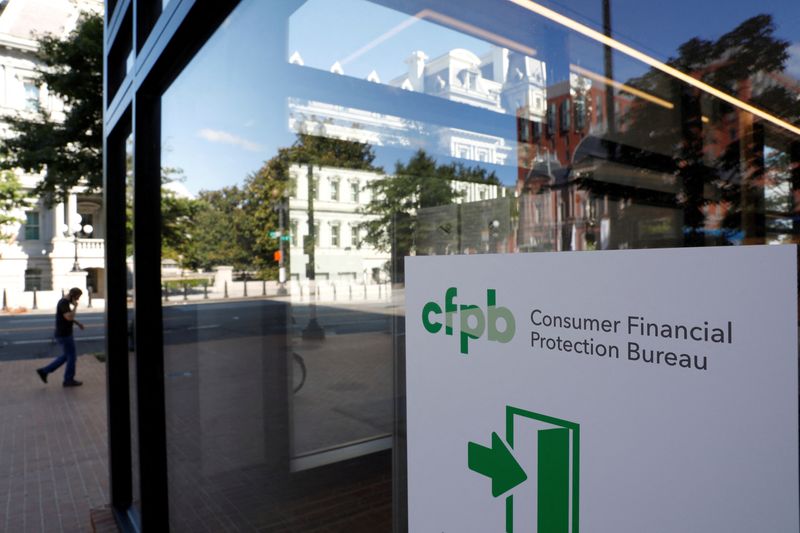By Jonathan Stempel
(Reuters) -A U.S. regulator on Thursday fined U.S. Bancorp $37.5 million for mistreating customers by opening sham accounts without their permission, conduct that also occurred at larger rival Wells Fargo (NYSE:WFC) & Co.
The Consumer Financial Protection Bureau said U.S. Bancorp, the fifth-largest U.S. commercial bank, pressured employees to open unauthorized accounts by imposing sales goals and offering financial rewards for selling more products.
According to the regulator, the Minneapolis-based bank opened checking and savings accounts, credit cards and credit lines without customers' permission, and unlawfully accessed customers' credit reports and personal data for that purpose.
The CFPB said the conduct harmed customers by hurting their credit profiles, and forcing them to waste time closing unwanted accounts and getting refunds for improper fees.
"For over a decade, U.S. Bank knew its employees were taking advantage of its customers," CFPB Director Rohit Chopra said. "We all must do more to hold lawbreaking companies accountable when they abuse and misuse our sensitive personal data."
U.S. Bancorp did not admit or deny wrongdoing in accepting the civil fine and ending the CFPB's more than five-year probe.
A consent order also requires the bank to develop a plan to return all unlawful fees and costs to customers.
In a statement, U.S. Bancorp said the settlement related to now-discontinued sales practices involving a "small percentage" of accounts as early as 2010, and that it has since 2016 upgraded its processes and oversight to address the concerns.
"We are pleased to put this matter behind us," it added.

In September 2016, the CFPB and other authorities fined San Francisco-based Wells Fargo, the fourth-largest U.S. bank, $185 million for similarly mistreating customers.
That triggered a series of scandals that cost billions of dollars, led to management overhauls, and in 2018 prompted the Federal Reserve to cap Wells Fargo's assets until the bank improved governance and oversight. The cap remains in place.